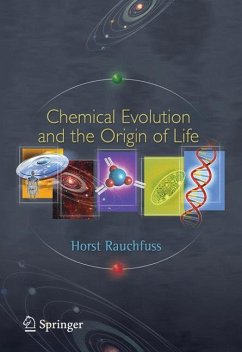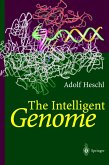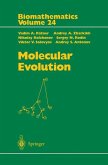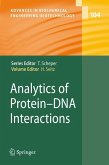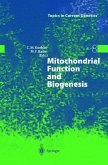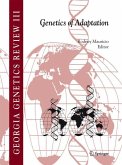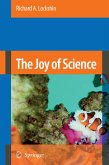The recent dramatic growth of research into the origins of life has led to the formation of a new, interdisciplinary branch of science Exo/Astrobiology, the ambitious goal of which is the study of the phenomenon of "life" in our universe. In this insightful overview for the interested layman, Rauchfuss reviews the manifold attempts of scientists to find answers to the question of "where" life comes from. After an historical introduction, he surveys the origin of the universe, the solar system, our Earth, meteorites and comets. Then he explains experiments and theories on chemical evolution, followed by treatments of proteins, peptides and their possible protoforms. Further chapters deal with important hypotheses and theories on biogenesis, for example inorganic systems, hydrothermal vents and the models proposed by key theorists. A discussion of basic theoretical questions, the chirality problem, and the search for the first traces of life follow, with details on the formation of the protocell. Finally the question of extraterrestrial life forms, both within and outside our solar system, concludes the book. Reporting on both successes and failures, Rauchfuss makes it clear that very many open questions and unsolved riddles are still awaiting answers, indeed many more than often admitted.
How did life begin on the early Earth? We know that life today is driven by the universal laws of chemistry and physics. By applying these laws over the past ?fty years, en- mous progress has been made in understanding the molecular mechanisms that are the foundations of the living state. For instance, just a decade ago, the ?rst human genome was published, all three billion base pairs. Using X-ray diffraction data from crystals, we can see how an enzyme molecule or a photosynthetic reaction center steps through its catalytic function. We can even visualize a ribosome, central to all life, translate - netic information into a protein. And we are just beginning to understand how molecular interactions regulate thousands of simultaneous reactions that continuously occur even in the simplest forms of life. New words have appeared that give a sense of this wealth of knowledge: The genome, the proteome, the metabolome, the interactome. But we can't be too smug. We must avoid the mistake of the physicist who, as the twentieth century began, stated con?dently that we knew all there was to know about physics, that science just needed to clean up a few dusty corners. Then came relativity, quantum theory, the Big Bang, and now dark matter, dark energy and string theory. Similarly in the life sciences, the more we learn, the better we understand how little we really know. There remains a vast landscape to explore, with great questions remaining.
How did life begin on the early Earth? We know that life today is driven by the universal laws of chemistry and physics. By applying these laws over the past ?fty years, en- mous progress has been made in understanding the molecular mechanisms that are the foundations of the living state. For instance, just a decade ago, the ?rst human genome was published, all three billion base pairs. Using X-ray diffraction data from crystals, we can see how an enzyme molecule or a photosynthetic reaction center steps through its catalytic function. We can even visualize a ribosome, central to all life, translate - netic information into a protein. And we are just beginning to understand how molecular interactions regulate thousands of simultaneous reactions that continuously occur even in the simplest forms of life. New words have appeared that give a sense of this wealth of knowledge: The genome, the proteome, the metabolome, the interactome. But we can't be too smug. We must avoid the mistake of the physicist who, as the twentieth century began, stated con?dently that we knew all there was to know about physics, that science just needed to clean up a few dusty corners. Then came relativity, quantum theory, the Big Bang, and now dark matter, dark energy and string theory. Similarly in the life sciences, the more we learn, the better we understand how little we really know. There remains a vast landscape to explore, with great questions remaining.

